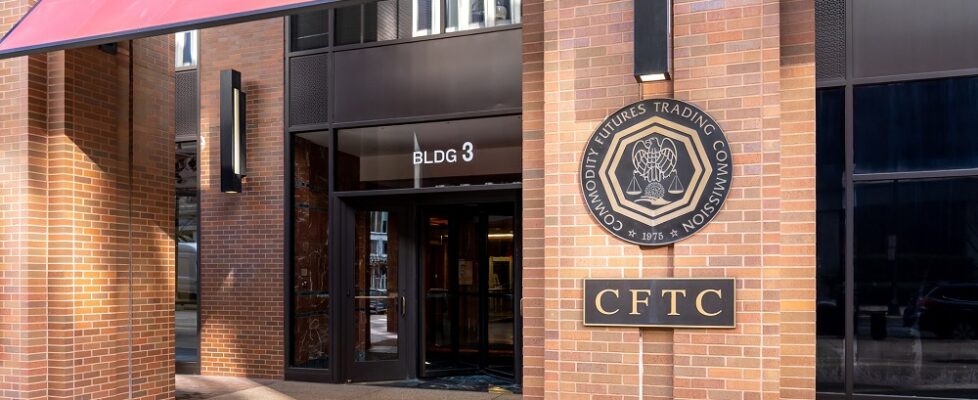CFTC pushes for $2.58M fine to be imposed on GDLogix operator
The Commodity Futures Trading Commission’s (CFTC) has filed Motion for Summary Judgment against Daniel W. LaMarco, the individual behind fraudulent Forex scheme GDLogix.
According to the CFTC’s proposal, LaMarco shall pay a civil monetary penalty of $2,587,800, which is equal to three times LaMarco’s monetary gain of $862,600 from the fraudulent scheme, plus post-judgment interest thereon.
LaMarco will also have to pay restitution in the amount of $862,600.
The CFTC motion proposes that LaMarco is permanently enjoined and prohibited from knowingly, willfully, or recklessly: (1) cheating or defrauding or attempting to cheat or defraud other persons; (2) making or causing to be made false reports or statements to such other persons; and/or (3) deceiving or attempting to deceive such other persons, in or in connection with orders to make, or the making of, any commodity for future delivery.
As alleged in the CFTC Complaint, from January 2011 through March 2016 (the “Relevant Period”), LaMarco, individually and as agent and officer of GDLogix, fraudulently solicited and accepted $1,492,650 from 13 individuals to trade off-exchange leveraged or margined retail Forex contracts in a commodity pool operated by the defendants.
LaMarco, by word of mouth, email, the Internet, the use of mails and other means, solicited and accepted $1,492,650 from the pool participants on behalf of GDLogix. LaMarco solicited participants by falsely representing to them that he was a profitable trader and touting the purported safety of his forex investment strategy and the success of his personal investments in forex. LaMarco provided participants with a GDLogix “Memorandum of Offering,” which indicated that participants’ funds would be placed in a commodity pool run by GDLogix and provided fraudulent pool net asset values.
All of these representations were material and false. LaMarco also omitted material facts in his solicitations to pool participants, including but not limited to failing to disclose that: neither he nor GDLogix had ever been registered with the CFTC in any capacity; he was misappropriating participants’ funds; and, he was losing participants’ funds trading forex in his personal accounts.
LaMarco used his software consultancy business, GDLogix, to facilitate his forex solicitation and trading activities. He deposited participants’ funds into a GDLogix bank account at J.P. Morgan Chase, as well as two personal bank accounts at J.P. Morgan Chase. All of these bank accounts were opened by LaMarco and under his control.
Of the over $1.4 million solicited and accepted from pool participants, LaMarco transferred approximately $1.3 million to two personal trading accounts opened in his name at registered futures commission merchant (FCM) Gain Capital. These trading accounts were personal accounts held in the name of, and for the benefit of, LaMarco, and not opened or held for the benefit of pool participants.
LaMarco suffered significant trading losses in his personal trading accounts and lost the majority of participants’ funds through his unprofitable trading. Gain Capital closed both of LaMarco’s personal trading accounts in April 2016.
LaMarco also misappropriated participants’ funds by returning $630,050 to certain pool participants as purported trading “profits” in the nature of a “Ponzi” scheme. He lost the remaining funds trading or using them to pay his personal expenses.
To conceal and perpetrate his fraud, LaMarco provided pool participants with false monthly account statements showing the pool’s account activity, including purported trading profits and account balances.
In February 2016, LaMarco represented to pool participants in these statements that the total value of the Pool had increased to over $1.79 million. In reality, however, LaMarco had lost nearly all of participants’ funds through unsuccessful trading and by diverting $630,050 of the total principal invested as Ponzi payments to certain participants.




